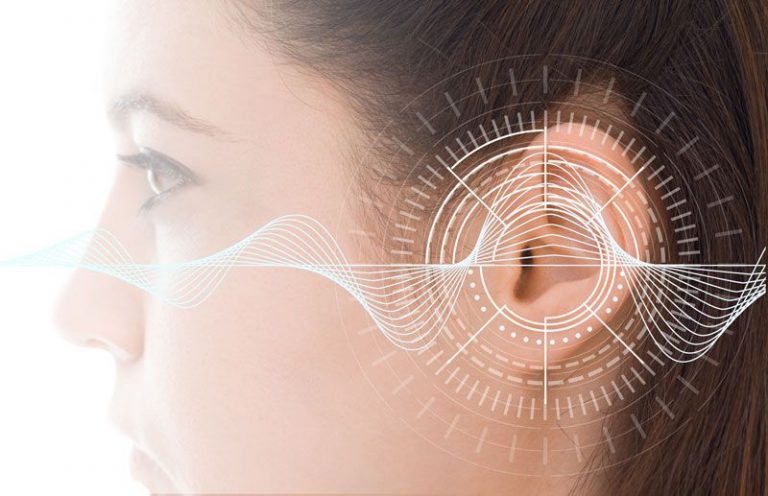Cognitive abilities amongst those with hearing loss decline 30-40 percent faster than in people with normal hearing.
Troubles with thinking, remembering, reasoning—this is what is referred to as subjective cognitive decline, which has been associated through study after study in patients with signs of hearing loss. The more severe the hearing loss, the greater the risk of associated symptoms ranging from social withdrawal to depression and even dementia.
A group of French researchers undertook a long-term study to determine whether cognitive decline could be delayed or prevented with the use of hearing aids. The study lasted more than 25 years and involved 3,670 participants. The results were impressive: researchers found a significant link between hearing loss and increased cognitive decline, independent of the patients’ age, gender and education.
Patients who treated their impairment with hearing devices experienced cognitive decline at a similar rate to the control group, who had normal hearing, while those who failed to treat their loss had substantially lower scores on a common cognitive performance test.
Based on these results, researchers concluded that hearing loss is associated with accelerated cognitive decline in older adults, and that patients who treat their loss with hearing devices have lower rates of cognitive decline.
Given the strong connection between hearing care and cognition, we recommend annual hearing evaluations. With an annual hearing evaluation, you can sure to catch and treat changes in your hearing ability quickly, helping keep your mind healthy.
To schedule your annual hearing evaluation call or to discuss treatment options call (415) 362-2901.

